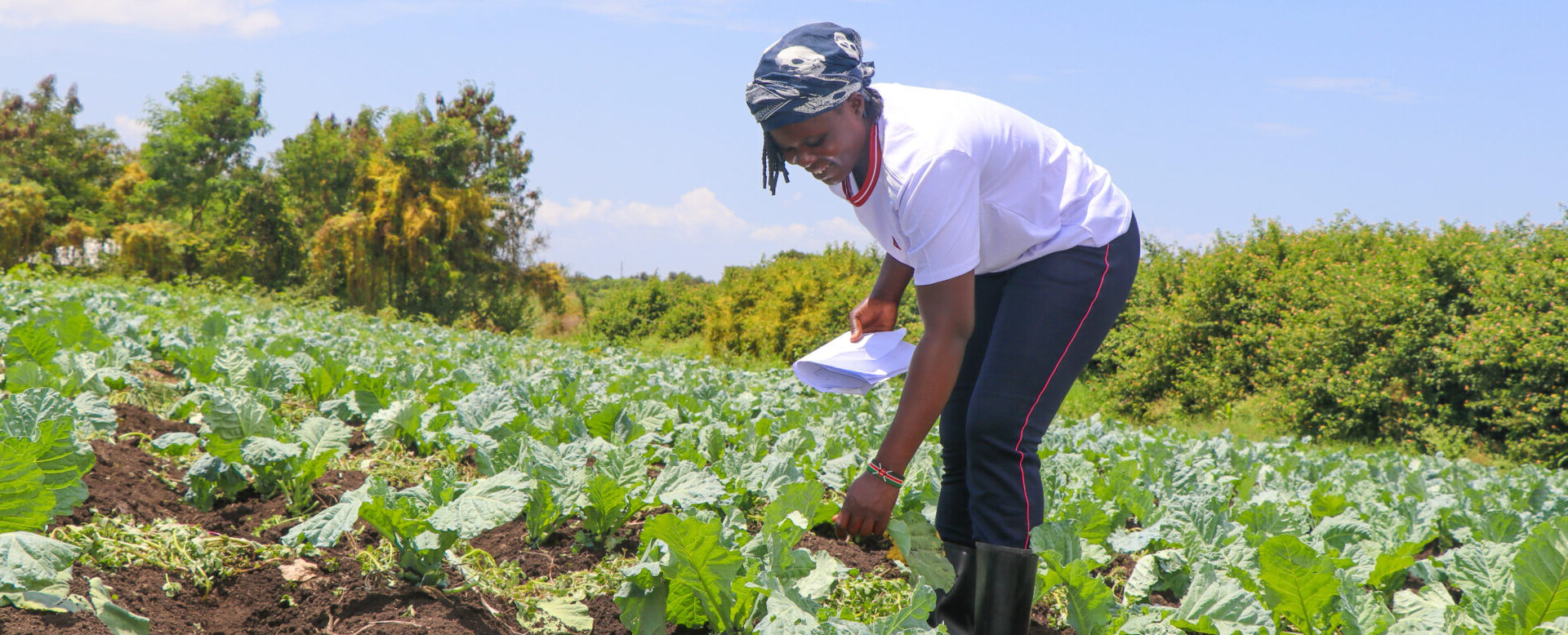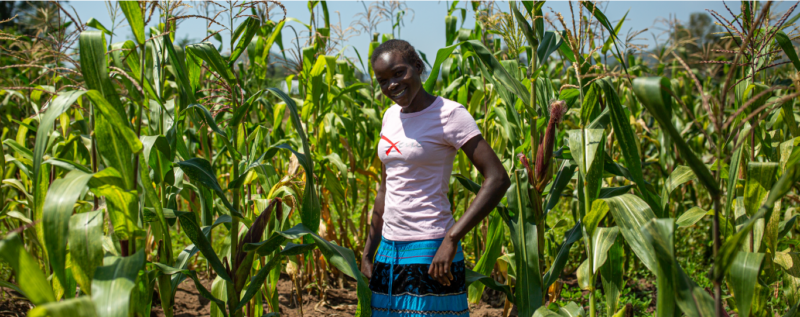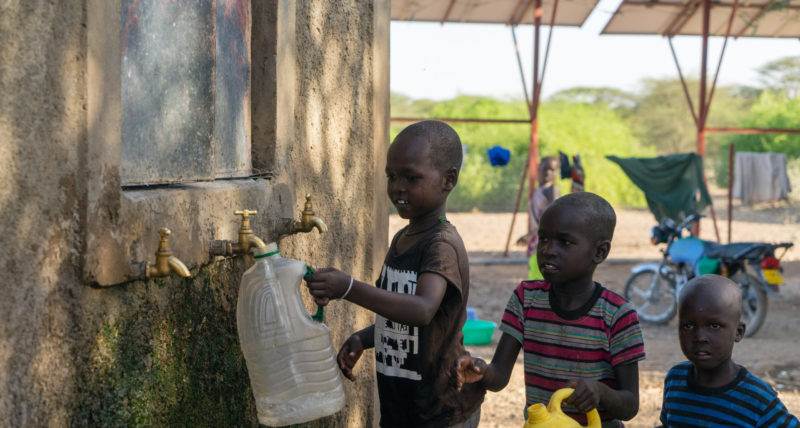Clean cooking solutions can ignite a healthier, greener Kenya by reducing carbon emissions, deaths and diseases from air pollution and forest loss. Nearly 600,000 Kenyans will access low-cost, climate-friendly cookstoves through an initiative by Practical Action in partnership with Energising Development (EnDEv) and the Green Climate Fund (GCF).
Project Overview
Title: Kenya Improved Cookstove Last-Mile Entrepreneurs’ Acceleration Project (KILMEAP) sub-project under the Promotion of Climate-Friendly Cooking in Kenya and Senegal Project
Dates: July 2021 to December 2024
Location: Nakuru, Nyandarua and parts of Kericho and Baringo counties
Our role: We enhance clean cooking in households through business development of cookstove entrepreneurs, consumer education and facilitating an enabling policy environment.
Participants: 90,733 people (151, 470 households)
Project budget: € 1,000,036 ($1,105,000)
Aim: Energy that transforms
Lead donors: ENDEV and the Green Climate Fund (GCF)
“Since I partnered with Practical Action, my cookstove business haves grown steadily. I have employed five people. As a single mother, I am proud I can support my three children, including paying school fees for them. I look forward to expanding my business further in future.”
Lillian Abodho, last-mile entrepreneur in Nakuru County
Context
8 out of 10 Kenyan households use firewood and charcoal for cooking in a three-stone fire. This contributes to forest loss and harmful emissions associated with climate change, illnesses, and lives lost.
Cooking is responsible for 70% of the carbon emissions produced by Kenya’s energy sector. In addition, around 21,500 Kenyans, mostly women and girls, die yearly from illnesses linked to air pollution from cooking —an alarming toll, surpassing seven times the average annual deaths from road accidents. Also, the demand for wood fuel drives deforestation. Furthermore, firewood collection robs rural women and girls of productive time and energy while exposing them to sexual violence risks.
Wood-based cookstoves have been a staple in homes. However, the Improved Cookstoves (ICS) bring great opportunities for people and the planet by slashing emissions and curbing associated health risks. They also save families precious money. Recognising the urgency, Kenya has prioritised ICS to meet emissions reduction targets under the Paris Agreement.
Despite their potential, only 37% (3.7 million) of Kenyan households have embraced ICS, hampered by limited awareness, cost and weak distribution, particularly in rural areas where they are most needed. In collaboration with partners, Practical Action and its partners are committed to overcoming these barriers and facilitating access to the transformative benefits of cleaner cooking solutions to thousands of households.
Our approach
To promote planet and people-friendly cooking in underserved counties, we empower last-mile entrepreneurs (LMEs), at least 60% of whom are women. These entrepreneurs are equipped to produce, distribute, and market affordable and high-quality Improved Cookstoves (ICS). The cookstoves deliver fuel savings of at least 30% for charcoal and 40% for firewood.
We support entrepreneurs in building their distribution networks and increasing sales of ICS through hands-on training, mentorship, and the implementation of Participatory Market Systems Development (PMSD) so that markets provide fairer and more lucrative opportunities for them. We also enhance their access to capital by leveraging the Village Loans and Savings Associations (VSLA) model, fostering connections with financial institutions. Furthermore, by adopting gender empowerment strategies, we actively support and enable women entrepreneurs to seize opportunities within this blossoming sector.
In tandem with these efforts, the ICS benefits are shared in behaviour change and awareness campaigns to boost their demand. Additionally, we work towards creating policies and a business-friendly environment that supports the principles of clean cooking.
Our goals
With this project, we aim to enhance the access of approximately 600k people to these more efficient, climate-friendly cooking solutions in four counties.
By reaching these households, our goals are to:
- Expand the distribution of the improved stoves and retail chains. To achieve this, we recruit, train and mentor people to become last-mile entrepreneurs (LMEs) and produce and install fuel-efficient cookstoves in new and underserved markets.
- Enhance the demand. We promote ICS benefits to targeted communities through culturally appropriate behaviour change and awareness campaigns.
- Enable a thriving market. Country governments are supported in embedding these cooking solutions in relevant policies and plans. And, as part of the Clean Cooking Association of Kenya (CCAK), we go beyond our project reach through advocacy, sector coordination, and knowledge management.
-
Aims
This project aims to expand the adoption of climate-friendly cookstoves by:
- Recruiting ICS entrepreneurs to expand the reach of climate-friendly cookstoves in new areas, focusing on empowering women’s groups. women’s groups.
- Training of last-mile entrepreneurs on business planning, marketing, recording keeping, access to finance, gender equality and self-confidence to increase ICS sales.
- Facilitating the formation of Village Savings and Loans Associations (VSLA) among entrepreneurs, connecting them to financial institutions for improved access to capital.
- Based on ICS sales performance, providing distribution, marketing and transportation assets for last-mile entrepreneurs.
- Conducting engaging awareness campaigns through road shows, street theatres, and radio advertisements to highlight the benefits of ICS and stimulate demand.
- Empower grassroots influencers, including community health workers, agricultural extension officers, community forest associations, and women’s groups, as ambassadors for ICS.
- Supporting three counties in integrating ICS in policies, plans, and budgets.
- Strengthening the Clean Cooking Association of Kenya (CCAK) in effective sector coordination, business planning, advocacy and awareness creation.
-
Key achievements in 2023
- 165,628 households (645,950 people) secured at least one low-emission cookstove, against the target of 151,470 (590,733 people).
- 303 last-mile entrepreneurs (women: 169, men 134) were trained in the distribution and retail of Improved Cookstoves, against a target of 200.
- Organised 8 street theatres, 8 road shows and 6 radio programmes to raise awareness about ICS benefits.
- Initiated review of the Clean Cooking Association of Kenya’s Strategic Plan to strengthen the institution’s capacity to advance the cooking sector.
Sustainable Development Goals
KILMEAP contributes to the progress of the SDGs.
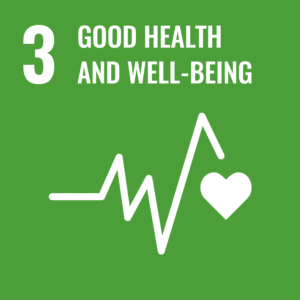

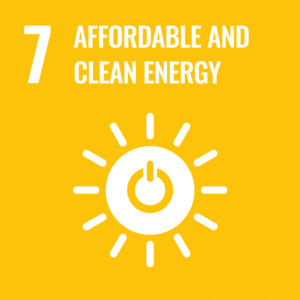

Work like this depends on your support
Help us work with communities to tackle some of the world’s toughest problems
Funded by:


